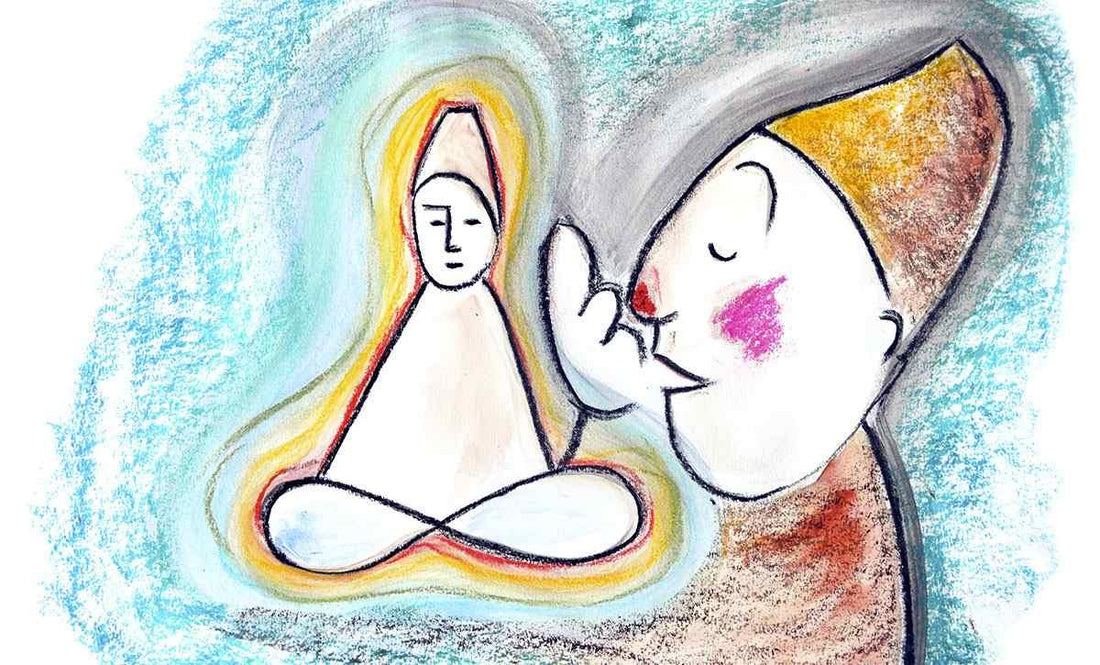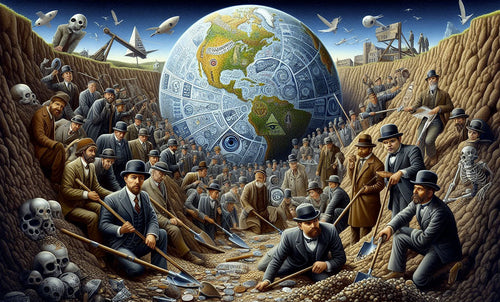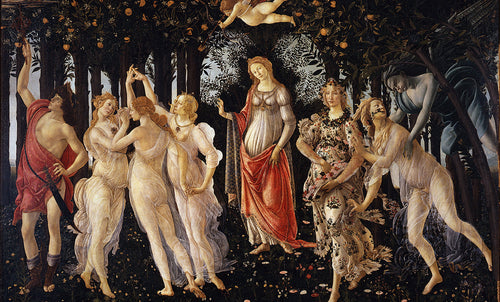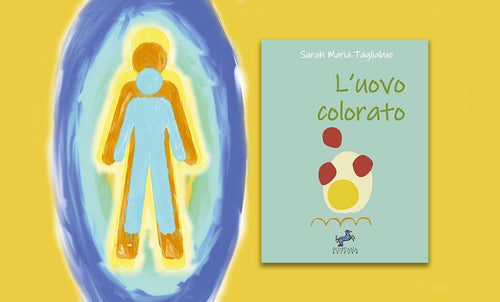
Spirituality and Awareness: the short story as a tool for knowledge
Paola MarchiFrom an online search on the origins of the tale, we discover that there is no precise date, the tale is as old as man, there are examples dating back to Egyptian literature (the adventures of Sinuhe for example), to Indian literature (the very famous "One Thousand and One Nights") and many others.
In the Treccani dictionary we find the definition of novella: a short narration, mostly in prose, of a fact, be it historical, real, or entirely imaginary.
Personally, the aspect that fascinates me about the short story is not so much its phenomenology, the way it manifests itself, but the message it brings in terms of Spirituality and Awareness . The story of the birth of the short story, the difference between a short story and a fairy tale, the classification of typologies, I leave to the professors who teach in universities.
What interests me is the great opportunity that the short story offers to increase our level of awareness and therefore of consciousness.
In this, the stories belonging to the Sufi tradition offer unimaginable possibilities.
Within the Islamic religious tradition, Sufism constitutes the spearhead of that spirituality that goes beyond, transcends religious barriers and accesses contents that belong to everyone, impersonal contents.
Sufi tales are tales that have always been passed down orally.
The thing that struck me right away was the fact that many of them are found in certain jokes today. This is interesting.
The joke, when it is a joke, has the same function as the Sufi tale: to give a shock, to open a small space in the perception of reality, to allow awareness to make its way.
The condition in which we ordinarily live, in fact, is a condition of closure: our thoughts, our beliefs, our way of perceiving life, constitute our reality, but it is not reality. We cannot have any idea of what is real or even of the infinite possibilities that we have, simply because we do not even conceive of them. We are incapable of even allowing ourselves to think that there is a possibility other than what we see.
This mechanism, which is ruthless and concerns everyone, is well exploited by those who hold power over information. It is now well known and also quite banal that the news, newspapers, TV in general do nothing but spread bad news. Death, war, diseases, epidemics, catastrophes, etc.
All these suggestions, which passively reach our consciousness, do nothing but inflict mortal blows to the part that should have the right energy to see something else, to see the possibilities that exist despite everything, behind the veil of death and suffering that is offered to us daily wherever we turn.
There is no point in telling it, without an optimistic vision you cannot hope to undertake anything effective. The optimism that comes from the awareness of the drama of the human condition, optimism as a conscious choice, optimism as a response to a world that is closing in on itself, to a society that is ending up crushed by the weight of its sins. In fact, there are laws that cannot be circumvented, in the face of which complaints are useless, if not to worsen the situation. The only way to hope to escape from this mechanism, which leads to a real death in life, is to create an opening. It is at this point that the value of the fairy tale reaches its highest function.
Creating a small, seemingly insignificant opening. A seed of light thrown into the darkness of consciousness...
This is why I got the idea to address children. Children are us, tomorrow. We hear so much about the future, about protection, but then specifically, the truth is that children are abandoned to themselves, in a reality that belongs more to them than to us and they show us this every time they pick up a tablet. Isolating them completely is not possible, radical choices in my opinion are never desirable; but neither can we passively hand them over to a monster, in front of which we have no alternatives to offer.
The importance of the alternative is everything.
The book Le Nove Novelle Sufi , illustrated for children, is intended to be my small contribution to the chain of those who, faced with the general chaos, have rolled up their sleeves and are trying to do something useful.
As Gianni Rodari says:
"I believe that fairy tales, both old and new, can help educate the mind"
Paola Marchi
















































